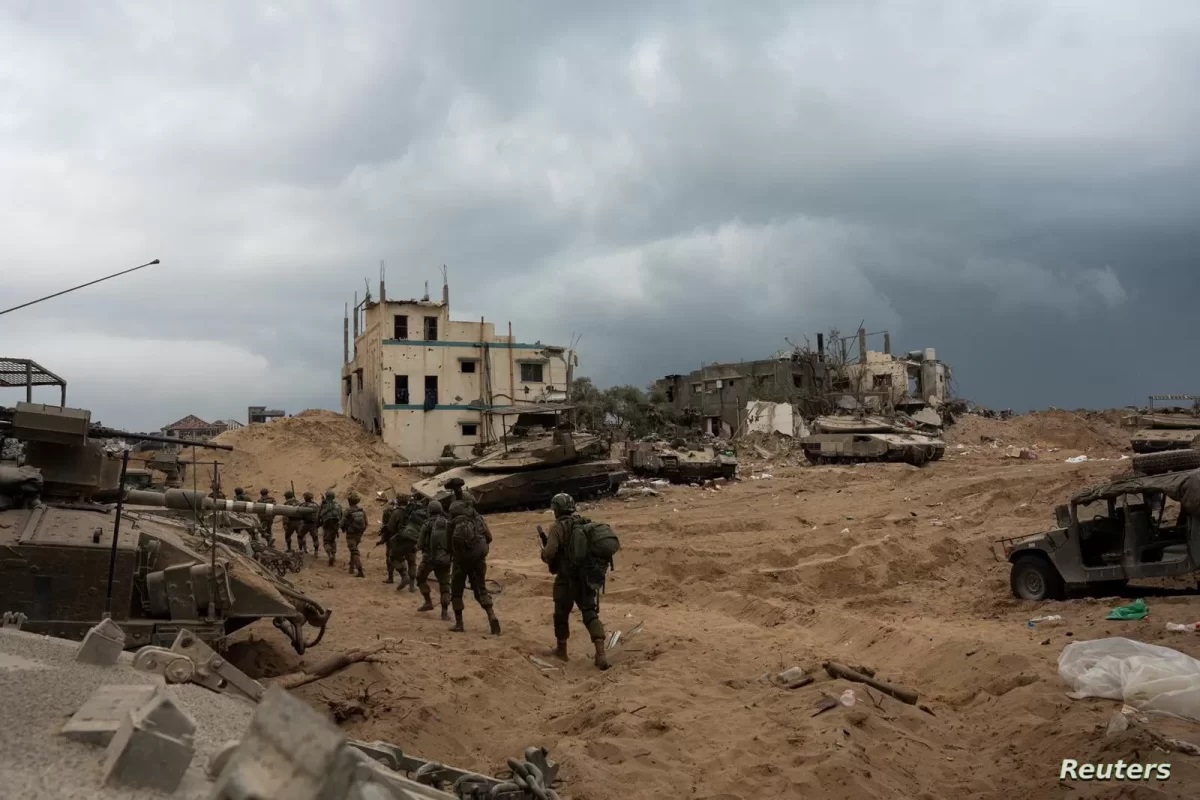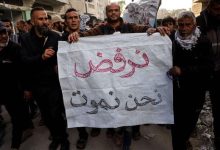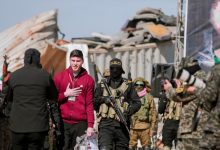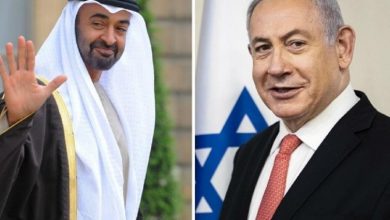Israeli-Qatari Mediation: Unraveling the Complex Negotiations in Gaza

Watan-The Israeli journalist and correspondent for the American site “Axios,” Barak Ravid, posted on his account on the (X) platform a series of tweets claiming the emergence of new ceasefire prospects in the Gaza Strip.
He alleges that the Israeli occupation has agreed to explore them through Qatari mediation. However, the resistance factions have categorically denied this and emphasized that they will not engage in any new negotiations until the aggression on Gaza stops.
Ravid claimed in his tweets, as reported by “Watan,” that Qatari mediators contacted Israel over the weekend to verify whether it was interested in resuming indirect talks with Hamas.
According to the Israeli correspondent, citing sources within the occupation, “Doha explored the possibility of discussing a new deal to secure the release of Israeli hostages held in Gaza.”
1 \ Qatari mediators contacted Israel over the weekend to check if it is interested in relaunching indirect talks with Hamas over a new deal to secure release of Israeli hostages held in Gaza, two Israeli sources told me
— Barak Ravid (@BarakRavid) December 11, 2023
The Israeli Channel 12 quoted an official source as saying, “Israel is prepared to listen to proposals from mediators regarding a new exchange deal.”






